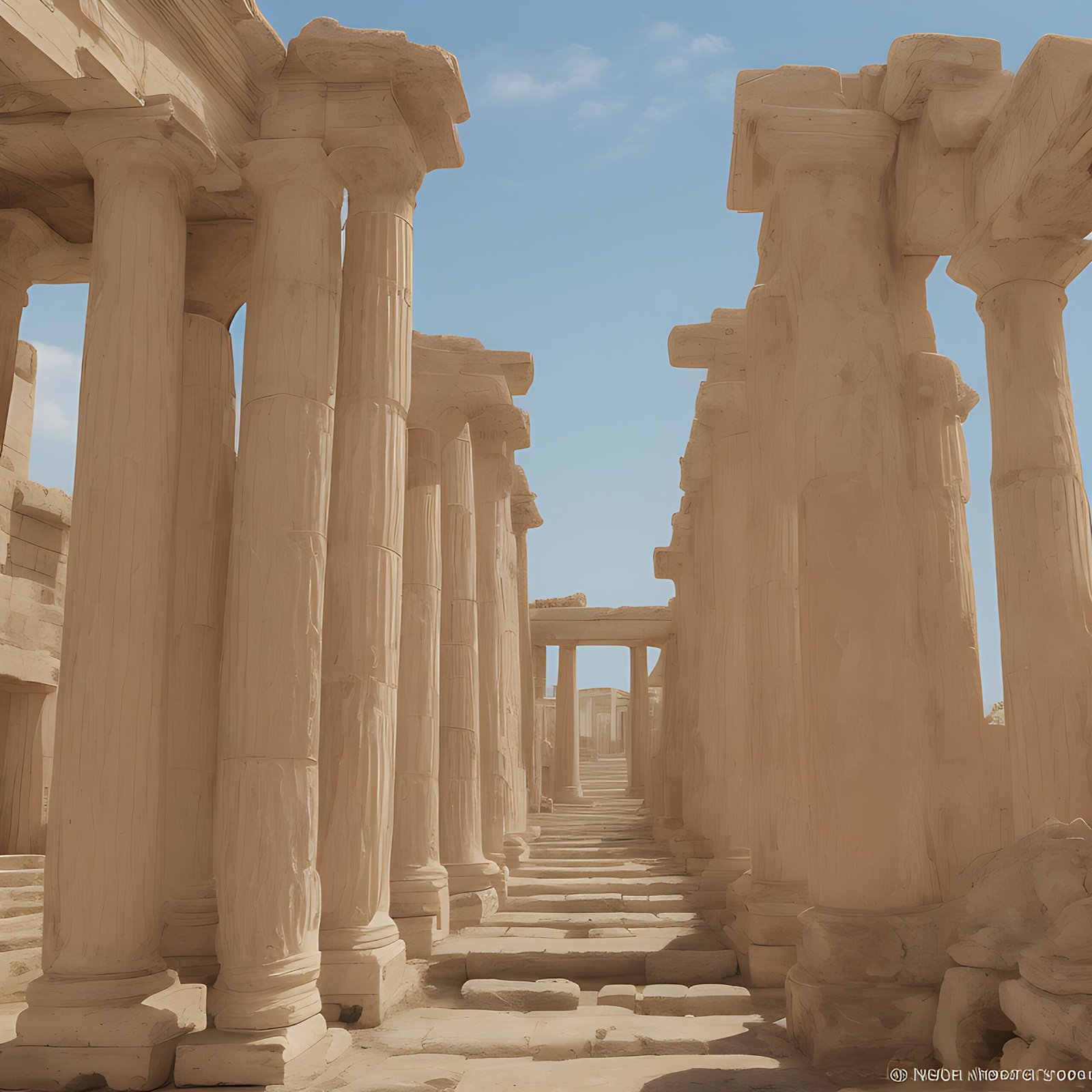
1. Introduction
The project documentation on Delphi City-State offers a comprehensive exploration of one of the most influential centers in ancient Greece. This article delves into the origins, political structure, economic life, military prowess, decline, and legacy of Delphi. By studying the history of Delphi City-State, we gain insights into its significance in ancient Greek society and its enduring impact on culture and history.
2. Early History of Delphi
Origins of Delphi as a Religious and Cultural Center
Delphi’s origins trace back to ancient times when it served as a sacred site dedicated to the god Apollo. The sanctuary of Delphi attracted pilgrims from across Greece seeking guidance from the Oracle of Delphi.
Role of the Oracle of Delphi in Ancient Greek Society
The Oracle of Delphi’s, believed to channel the words of Apollo, played a pivotal role in shaping political decisions, military campaigns, and personal matters in ancient Greek society. The Oracle’s prophecies carried significant weight among Greeks.
Establishment of Delphi as a City-State
Over time, Delphi’s evolved into a city-state with its governance and institutions. The religious significance of Delphi intertwined with its political and social structures, solidifying its status as a prominent center in Greece.
3. Political Structure and Governance
Description of the Government System in Delphi
Delphi’s government system was characterized by a combination of religious authority and civic administration. The city-state’s leaders, including priests and elected officials, governed with reference to both divine guidance and practical considerations.
Role of the Council of Delphi in Decision-Making
The Council of Delphi, comprised of influential citizens and religious figures, played a key role in decision-making and policy formation in the city-state. Its deliberations shaped the governance and direction of Delphi.
Relations with Other City-States in Greece
Delphi maintained diplomatic relations with other city-states in Greece, serving as a neutral ground for resolving disputes and fostering alliances. The city-state’s influence extended beyond its borders through cultural exchanges and political interventions.
4. Economic and Social Life
Overview of the Economy of Delphi
Delphi’s economy was sustained by offerings from pilgrims, trade routes, and agricultural production. The city-state’s economic prosperity was closely tied to its religious significance and strategic location.
Social Classes and Daily Life of the Citizens
Delphi’s society was structured into distinct social classes, including priests, artisans, farmers, and merchants. The daily life of citizens revolved around religious rituals, civic duties, and cultural events that enriched the community.
Cultural and Religious Practices in Delphi
Delphi’s was a center of cultural and religious activities, hosting festivals, games, and artistic performances that celebrated the god Apollo and honored the city-state’s heritage. The arts and religious practices thrived in Delphi’s vibrant community.
5. Military and Defense
Defense Strategies and Military Capabilities of Delphi
Delphi’s maintained a capable defense force to protect its territory and sanctuaries. The city-state’s strategic location in the mountains provided a natural advantage for defense against potential invasions.
Role of Delphi in Ancient Greek Warfare
Delphi’s played a strategic role in ancient Greek warfare, offering spiritual guidance and support to military leaders seeking divine favor. The city-state’s influence in military campaigns shaped the outcomes of battles and conflicts.
Conflicts and Alliances with Neighboring City-States
Delphi’s engaged in conflicts and alliances with neighboring city-states, participating in regional power struggles and territorial disputes. The city-state’s military alliances and diplomatic interventions influenced the balance of power in ancient Greece.
6. Decline and Fall of Delphi
Factors Contributing to the Decline of Delphi
Delphi’s decline was precipitated by internal strife, external pressures, and shifting political dynamics in Greece. Economic challenges, social unrest, and religious changes also contributed to the city-state’s decline.
Consequences of the Decline on the City-State
The decline of Delphi’s led to a loss of prestige, influence, and autonomy. The city-state struggled to maintain its political stability and economic viability amidst internal and external challenges.
End of Delphi as an Independent Entity
Delphi eventually fell under the control of external powers, losing its status as an independent city-state. The end of Delphi’s marked the conclusion of an era of religious significance and political autonomy in the region.
7. Legacy of Delphi
Influence of Delphi on Ancient Greek Culture and History
Delphi’s legacy resonates in ancient Greek culture and history, shaping artistic, religious, and political developments for centuries. The city-state’s contributions to literature, philosophy, and architecture continue to inspire scholars and artists.
Archaeological Discoveries and Preservation Efforts
Archaeological excavations in Delphi’s have revealed a wealth of artifacts, monuments, and inscriptions that shed light on the city-state’s past. Preservation efforts aim to safeguard Delphi’s heritage and promote ongoing research and exploration.
Modern-Day Significance of Delphi
Delphi’s remains a symbol of ancient wisdom, spiritual guidance, and cultural heritage in modern times. The site’s archaeological significance and historical importance attract visitors and scholars from around the world, preserving Delphi’s legacy for future generations.
8. Conclusion
In conclusion, the project documentation on Delphi’s City-State provides a comprehensive overview of a pivotal center in ancient Greek history. By examining Delphi’s religious, political, economic, and military dimensions, we uncover a multifaceted portrait of a city-state that left a lasting impact on Greek civilization. The study of Delphi’s enriches our understanding of ancient city-states and the complexities of their rise and fall.
9. References
– Pausanias, “Description of Greece”
– Plutarch, “De Pythiae Oraculis”
– Herodotus, “Histories”
– Thucydides, “History of the Peloponnesian War”